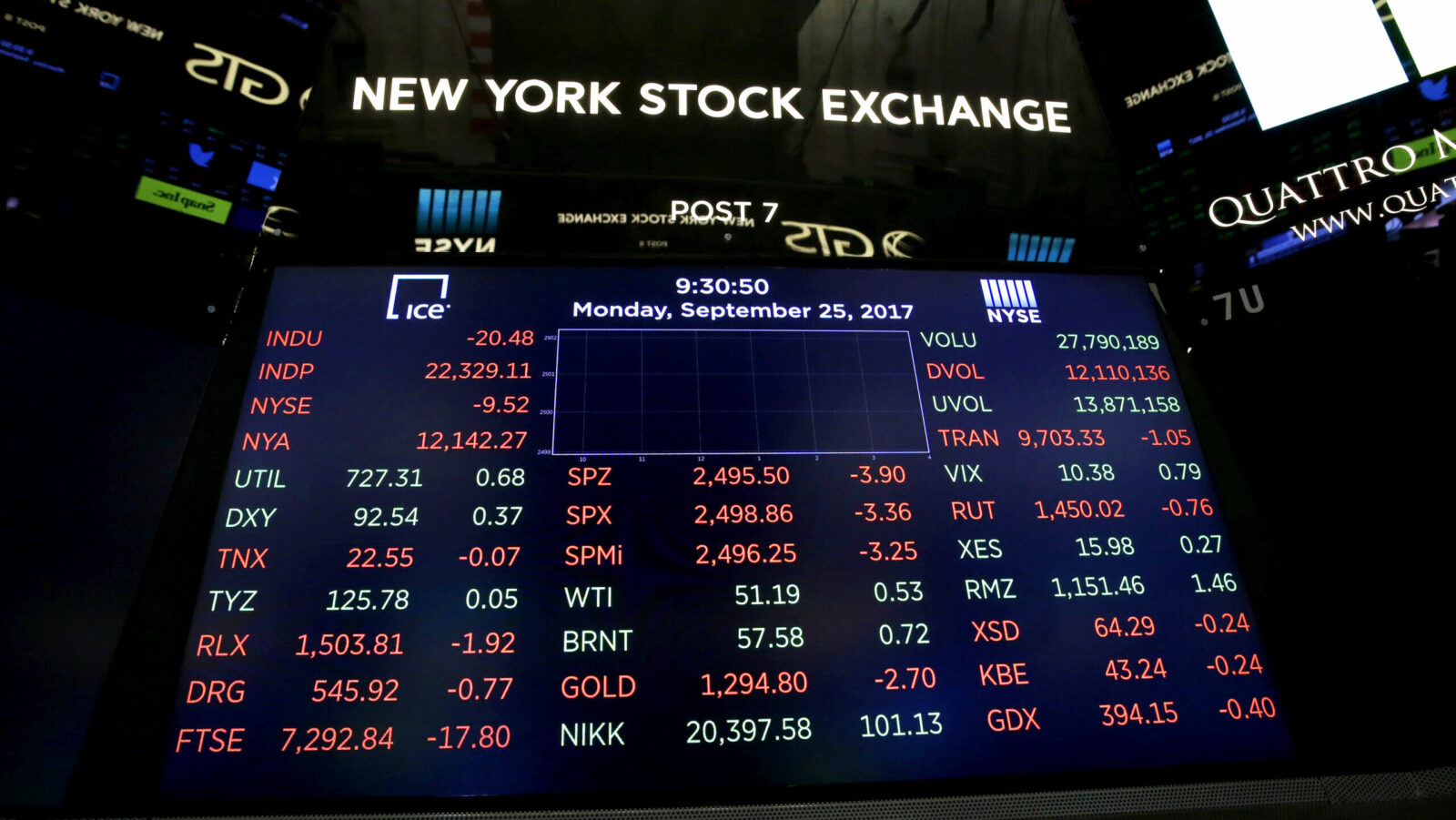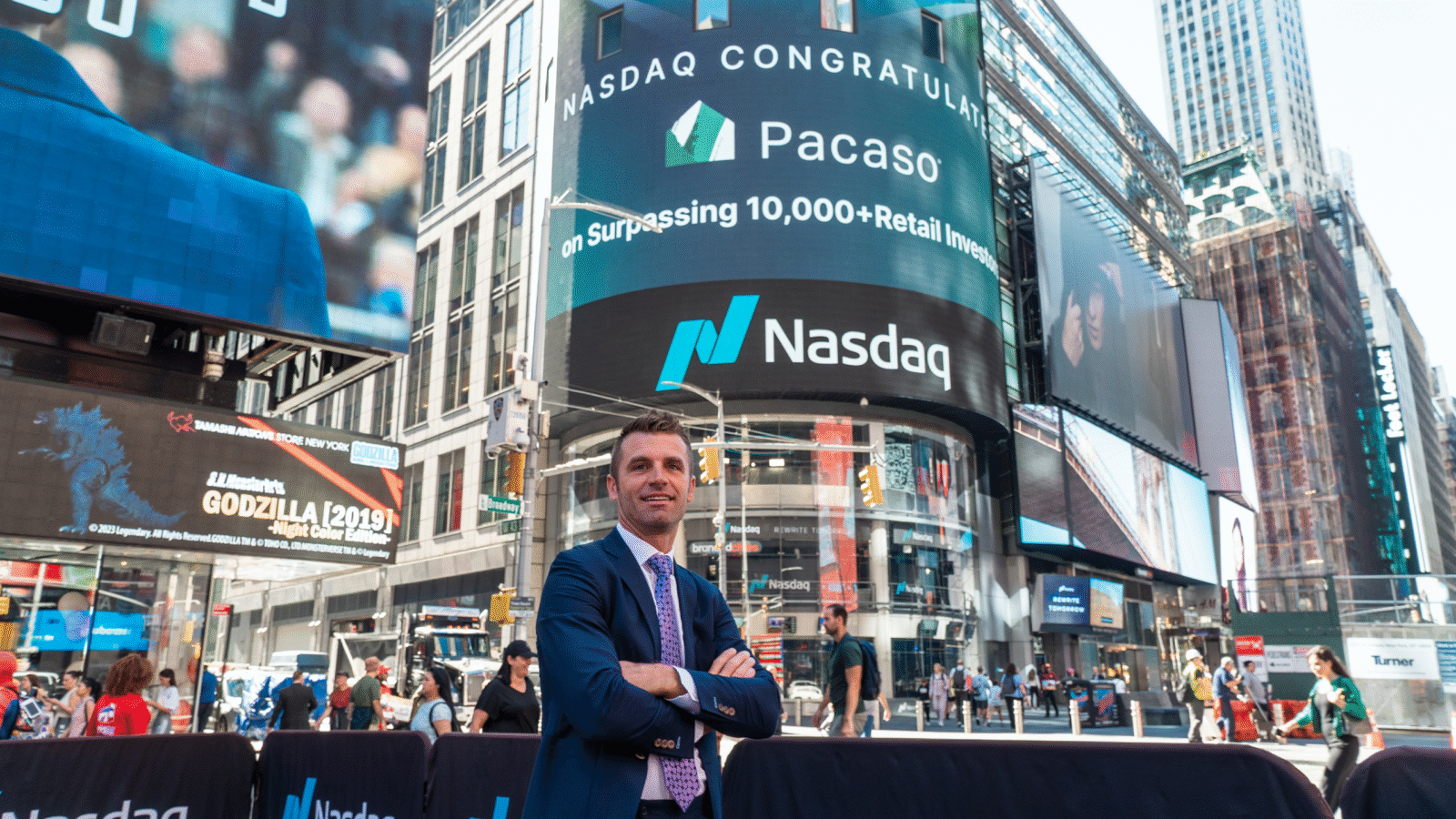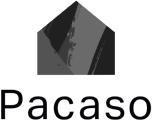Good morning.
It just wasn’t the ticket for investors on Day One. Shares in StubHub fell below their initial public offering price on Wednesday after the ticket resale platform raised $800 million in its debut on the New York Stock Exchange.
The company sold 34 million shares at $23.50, which then shed about 5.7% of their value to close at $22. It’s safe to say that, while some IPOs go off like a Taylor Swift tour announcement, others are more like a hair-metal band reunion that no one wanted.
Small-Cap Russell 2000 Shakes Off Four-Year Funk on Rate Cut

Federal Reserve officials lowered the target range for their benchmark interest rate by 25 basis points to a range of 4% to 4.25% — with Chair Jerome Powell flagging weakening jobs data — and penciled in two more cuts by the end of 2025. Yawn. The only thing less surprising than that yesterday was the calendar showing the day was Wednesday.
But as Powell emphasized the Fed’s jobs, jobs, jobs focus, a winner emerged on the trading floor: the small-cap Russell 2000, a laggard during this year’s market rally that is now on pace to finally break the nearly four-year drought since its last record closing high.
The Little Index That Couldn’t
The S&P 500, naturally, has been on a tear, setting five records this month alone. Some market watchers including Deutsche Bank, factoring in rate cuts as drivers of stock prices, think it can hit 7,000 by the end of the year. The hope for its small-cap cousin, meanwhile, is less ambitious but tells an important story about the broader economy.
The Russell 2000, which tracks the performance of 2,000 smaller companies in the broader Russell 3000 Index, was underwater through the end of June, while the S&P 500 had recovered from the post-Liberation Day tariffs shock by mid-May. But since the end of July, the Russell 2000 has jumped 10%, double the S&P’s rise in the same time. Following the rate cut announcement on Wednesday, the small-cap index rose more than 2% and at one point advanced past its all-time closing high of 2,442.74. It ultimately pared gains and finished up 0.2%, but a new record high, topping the one set in November 2021, seems finally within reach. That’s because of the unique meaning of a rate cut for small-caps:
- Roughly half the companies on the Russell 2000 aren’t profitable, which means they’re often highly leveraged. Lower rates help reduce their interest expenses, since smaller companies rely more on variable financing.
- Bloomberg compiled analysts’ price targets for the index last week and, with the expectation of rate cuts, Wall Street sees the small cap index rising as much as 20% in the next 12 months, better than the 11% envisioned for the S&P 500.
Not Out of the Woods: Reduced interest costs, of course, aren’t the only high-level economic factor on the minds of executives and investors. One risk for small-cap firms is that their lower margins, higher debt loads and attenuated supply chains are all highly sensitive to tariffs, which Powell said Wednesday could lead to a “one-time shift” in prices or cause “more persistent” inflation. For the time being, Bank of America and UBS are among the Wall Street heavyweights that foresee a Russell 2000 rebound. But even those who expect the market rally to broaden and include small caps, like Goldman Sachs, have cautioned, “there is limited scope for small-caps and other ‘lower quality’ stocks to consistently outperform,” which is a hint that you should diversify your portfolio.
Final Day To Join Big Investors On This “Unlisted” Stock

When the former Zillow exec who sold his first company for $120m starts a new venture, people notice. Thousands of people. 11,000+ regular investors have already joined the early investors behind Uber, eBay and Venmo as early-stage Pacaso investors.
Disrupting the real estate industry once again, Pacaso’s streamlined platform offers co-ownership of premier properties, revamping the $1.3t vacation home market.
And it works. By handing keys to 2,000+ happy homeowners, Pacaso has already made $110m+ in gross profits in less than 5 years. They even recently reserved the Nasdaq ticker PCSO.
And you can become a Pacaso shareholder right now. But you only have until midnight to take advantage.
Eli Lilly Upstages Novo Nordisk in Obesity Pill Face-Off
In their first head-to-head trial, Eli Lilly’s obesity-fighting and diabetes-treating pill proved more potent than the one made by archrival Novo Nordisk.
But will it be enough to give Eli Lilly an insurmountable lead?
Oral Exam
Both companies have been desperate to innovate beyond their current injectable GLP-1 weight-loss drugs for a while, and for good reason. A pill version of the drug is expected to be preferable to many patients, and could make up for the shortfalls that have long plagued supply chains for the current injectable versions. That should expand the entire market, which may grow to $150 billion annually during the next decade, with an oral option accounting for one-third of that, according to Guggenheim analyst Seamus Fernandez.
Which is why Eli Lilly is thrilled it won the showdown:
- According to the trial results, Eli Lilly’s pill, orforglipron, proved more effective than Novo Nordisk’s semaglutide pill in lowering hemoglobin A1C, a measure of blood sugar levels, cutting it by 2.2% compared with 1.4%.
- Orforglipron did better as a weight-loss drug, too, helping patients lose an average of more than 9% of body weight, or nearly 20 pounds, compared with just over 5% from Novo’s drug.
“For the majority of patients, this could be the main medicine that they need to control their Type 2 diabetes as well as their obesity,” Eli Lilly Chief Scientific Officer Dan Skovronsky told CNBC on Wednesday.
Weight For It: But the spoils don’t all go to the victor. Not yet, at least. Eli Lilly expects to receive regulatory approval in 2026 and debut its treatment on the market by “this time next year,” CEO David Ricks told CNBC at the start of August. Novo, on the other hand, may receive regulatory approval by the end of 2025 — and some patients may end up with a prescription at a higher (and possibly more effective) dosage than was used in the head-to-head trial. In other words, we’ll have to weight and see which company wins out.

Is Your Retirement Plan Really Built To Last? The market’s up and rates are down, and everything looks great for your retirement. But what if healthcare costs explode? What if taxes maul your withdrawals? What if you live “too long?” AdviserMatch connects you with fiduciary advisors who stress-test your retirement plans against real-world scenarios. Take the 2-minute quiz.
Quantinuum Trims the Timeline for Quantum Computing
Quantum computing could be on the verge of a quantum leap. Quantinuum CEO Rajeeb Hazra said yesterday that the revolutionary tech is at a “turning point” after years of experts pushing back predictions for when it’d finally have IRL applications.
Quantinuum, a four-year-old company majority-owned by Honeywell, develops quantum computers that can solve complex problems exponentially faster than traditional computers. Quantinuum’s recent updates, along with rivals’ announcements, suggest the futuristic tech could start taking on real-world problems in years, not decades.
Around The Quantum Corner
At the Quantum World Congress conference on Wednesday, Quantinuum said that its computers had hit a record quantum volume of 33.5 million, up from 8 million in May. More quantum volume means the system can solve more complex problems.
Quantinuum’s rivals are also making some sci-fi-sounding strides:
- Microsoft in February said it created a new state of matter, meaning it’s not a solid, liquid or gas, to help power its quantum computers. Google debuted a computer late last year that can solve calculations in five minutes that would take a typical supercomputer longer than the known age of the universe to complete.
- IBM is on track to launch a “fault-tolerant,” or self-correcting, quantum computer (a key goal in the space) by 2029, one year earlier than previously planned. Quantinuum, not to be outdone, also plans to launch its next-gen computer that year.
Great Power, Great Responsibility: Quantum computers are expected to solve previously unsolvable problems (or ones that would take ages) in industries ranging from chemistry to machine learning. Drug-maker Moderna uses IBM’s quantum computers to advance drug development, while JPMorgan Chase is looking into how the tech can be used for portfolio optimization. Quantinuum is part of a multiyear partnership with the US Department of Defense for national security, but fears are growing about how the tech will impact cybersecurity. Quantum computers could be powerful enough to crack encryption, threatening secure data like financial information and possibly undermining the blockchains on which crypto is built.
Extra Upside
- All Bets are Off: Two bids to put casinos in New York City’s Times Square, including one backed by Caesars Palace, were rejected Wednesday.
- Just like Jerome: The Federal Reserve was not alone Wednesday, as the Bank of Canada also cut its benchmark interest rate, in its case by 25 basis points to 2.5%, in the wake of weakening economic readings.
- Ending Tonight: You Won’t Find This Stock On CNBC. That’s By Design. But the people who know? They’re getting in. In fact, 12k+ have already invested. That includes some of the earliest backers for companies like Uber and eBay. And you can join them until midnight.*
* Partner
Just For Fun
Disclaimer
*This is a paid advertisement for Pacaso’s Regulation A offering. Please read the offering circular at invest.pacaso.com. Reserving the ticker symbol is not a guarantee that the company will go public.
Listing on the Nasdaq is subject to approvals.

